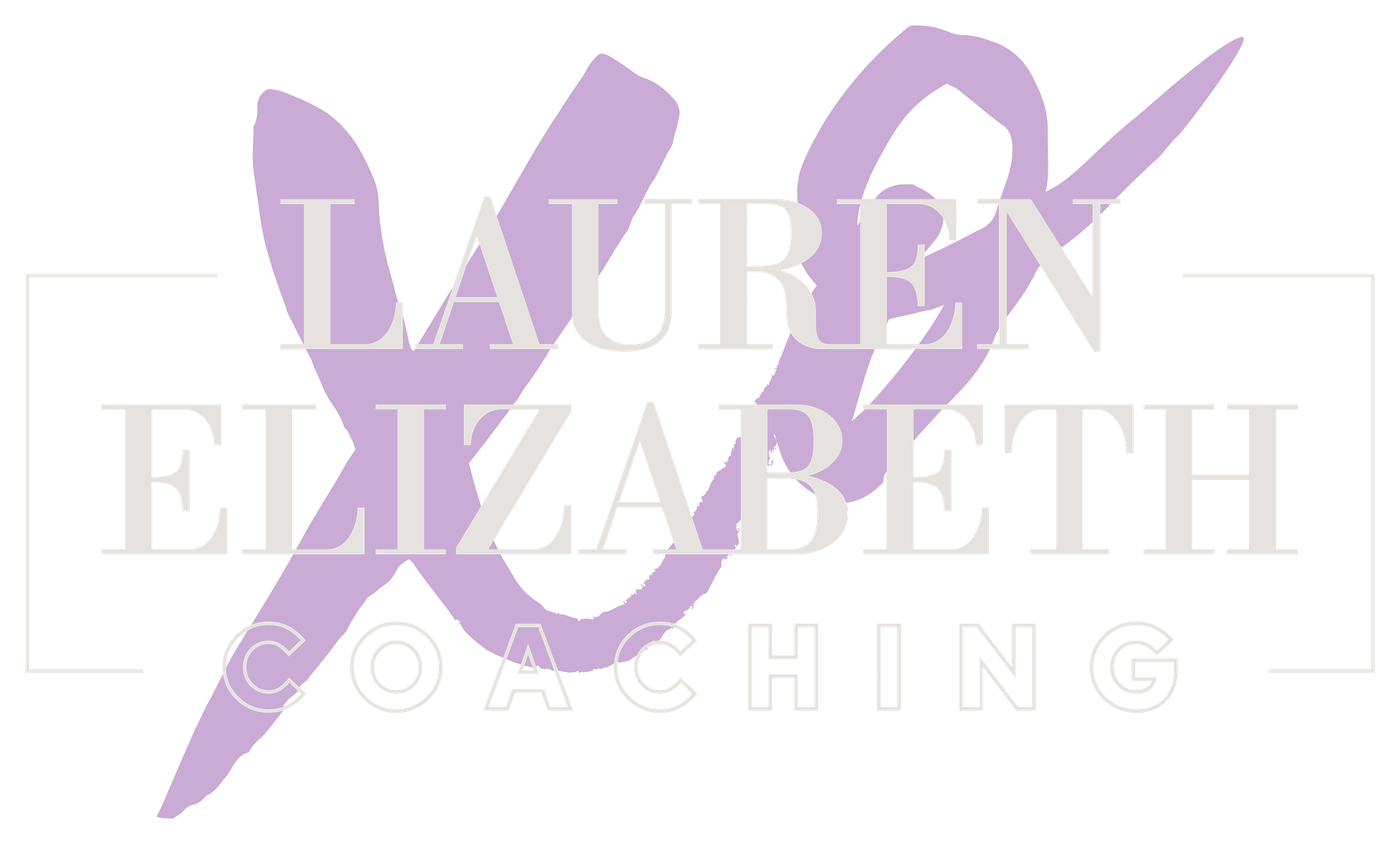One of the BIG concerns I hear from potential clients is they are worried that as they align with movements for justice, they’ll have to completely change their business and message.
Folks often think integrating a justice informed lens into their work means dismantling and rebuilding something that they already have up and running.
But here is the thing… No matter what kind of business you have, you can make a few simple changes to make a more ethical + justice informed impact on your community.
So today, I want to share with you eight powerful practices you use implement to build a more ethical business.
1. Put People Before Profits
No profit, no business. I get that. But if you constantly put PROFITS over PEOPLE, you might develop a reputation for being a “slimy” entrepreneur and your client pool will likely dry up. AND if you are in the business of serving + supporting people, your work is only ethical if you put them first.
So take a look at your systems and practices. Are they focused on people AND income? Or are you just looking at your profits?
2. Use Consent-based Communication
As a justice informed business owner, it is essential that you honor your audience’s boundaries AND that you give them opportunities to say “no thanks”, or opt out of your marketing campaigns.
This is why a CRM (client relationship management) system is so important. It allows you to track folks who have expressed interest in working with you, and it helps you remember when potential clients have let you know that now isn’t the right time.
3. Be Environmentally Responsible
Even if you run an online business, it is important to be aware of the impact you have on the environment. Choose green packaging, donate to environmental causes, and speak up for movements for sustainability. We only have one Earth, and it’s up to each of us to take care of this planet.
4. Be Accountable to Marginalized Communities
Are you aware of how your work, your language, and your choices impact BIPOC and other marginalized groups? Have you taken the time to get educated on systems of oppression, white supremacy, diversity and inclusion? Freedom and liberation only count if they include the most marginalized folks.
5. Create a Value-based Pricing System
Your work is valuable, and you deserve to be compensated for your knowledge and your efforts. That being said, it’s not ethical to charge 10k if you can’t prove that the ROI is going to be worth the investment. It’s also important to think about WHO you are marketing too. Different audiences will have different access to finances. If you want to make the most impact, you will need to consider your potential clients’ access to resources in your pricing.
6. Cite Your Sources + Name Educational Lineages
In a world of fast information, it’s easy to forget where you found a specific idea or concept online. That being said, it is incredibly important to cite your sources. It might take a little extra time to look through your notes, or research who originally shared the idea, but it is worth it, and it gives you credibility. It’s also valuable for your clients and your audience to see where you are learning from, so they can make an informed decision about working with you.
7. Acknowledge Your Privilege
This a big one. Being a business owner is a privilege, and *often* other privileges played a role in your ability to start your business. (White privilege, Male privilege, the privilege of having an education, just to name a few)
Take some time to explore the privileges you have, and acknowledge that they impact the way you see the world, and how you show up. Understand that someone with different identities may not have the same privileges, and therefore may not have the same experiences and perspectives as you.
When you deeply understand someone else’s perspective, you’ll be better equipped to work with clients from diverse backgrounds in a harm-reductive way.
8. Admit When You Make a Mistake
Sometimes we fuck up. We’re human, it happens. And when it does, the most powerful and ethical thing you can do is name your mistake, apologize, and adjust your behavior. I know it feels really uncomfortable to admit to when you’ve fucked up, but your people will appreciate it when you own your mistakes.
If we move on and don’t address where we have made a mistake, people will be less likely to forgive us the next time we screw up.
I could go on, I feel these eight practices are “top priority” when it comes to building an ethical business.
I don’t want you to be overwhelmed by this list.
If you’re not already doing most of these in your business, just start out by focusing on one or two… then build more in as you grow.
If you feel like you need some support in the process of integrating these practices, ALTAR, my 12-week business immersion for spiritually aligned entrepreneurs will address each of them, and offer even more tools on how to align your work with movements for justice!
Click here to book a discernment call, and we can chat to see if ALTAR is a good fit for you.
Love + Liberation
Lauren Elizabeth

